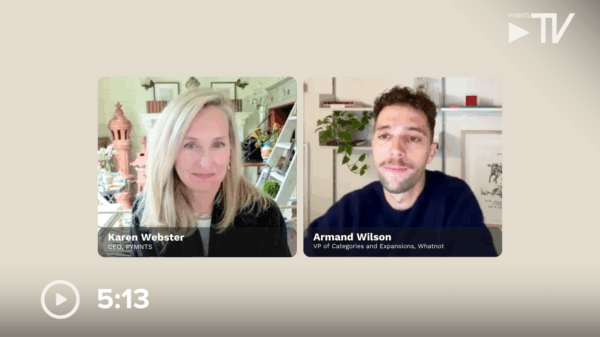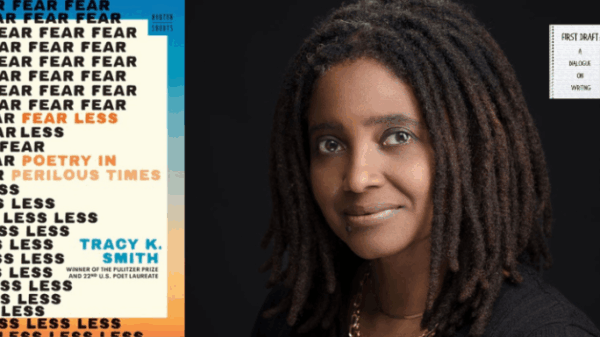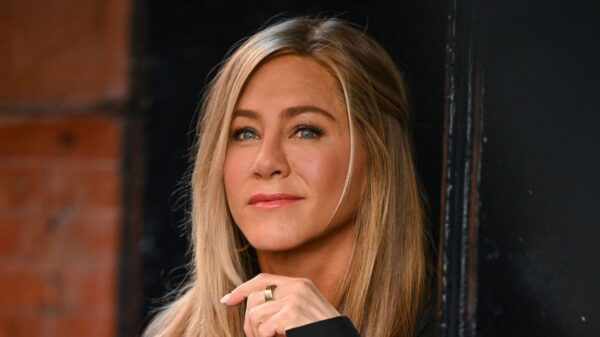Conservative podcaster Allie Beth Stuckey recently sparked discussion with her critique of Halloween, labeling it “a high holiday for the satanic church.” In an episode of her podcast *Relatable*, Stuckey revisited the contentious debate surrounding Christian participation in Halloween festivities, emphasizing the need for humility and wisdom when making decisions about the holiday.
Stuckey’s comments reflect a growing focus on spiritual warfare within certain segments of American society. She noted, “We should also realize that the trauma that comes from Halloween for some people is real.” This sentiment echoes broader concerns that have emerged on social media platforms, where fringe beliefs about demonic influences and spiritual threats are proliferating.
In her podcast, which airs on former Fox host Glenn Beck’s Blaze Media network, Stuckey previously critiqued the cultural impact of K-Pop and its associated themes, referring to them as signs of “creeping paganism.” During her Halloween episode, she highlighted a video from fellow Christian influencer Forrest Frank, featuring a former satanic church leader who claimed that Halloween is the day with the highest incidence of human sacrifice globally. Stuckey acknowledged the existence of “evil spiritual principalities” but pushed back against the notion that Christians are inherently inviting malevolent forces into their lives by coexisting with Halloween celebrations.
Stuckey further articulated concerns about the intersection of Halloween with LGBTQ pride, stating, “There is, I would say, a big intertwining of Pride and LGBTQ pride with Halloween.” This perspective aligns with a broader trend among some conservatives to critique modern celebrations as deviating from traditional values.
Interestingly, Stuckey referenced a 1991 Washington Post article discussing the fears experienced by psychiatric patients around Halloween, particularly those who believed they were victims of satanic ritual abuse. This concept has been widely discredited; a 1992 FBI report found little evidence to support the sensational claims that characterized the satanic panic of the 1980s. Even major Christian institutions have distanced themselves from promoting these fears, with evangelical magazine Christianity Today recently releasing a podcast series challenging the narrative that Christians have exaggerated demonic threats while overlooking real issues of abuse within their communities.
As a conservative influencer, Stuckey navigates a delicate balance between engaging with fringe beliefs and appealing to mainstream audiences. In a recent interview with *The Wall Street Journal*, she described her target demographic as the “mushy middle,” referring to Christians who may be influenced by progressive ideas. She envisions her audience as “the 35- or 40-year-old suburban mom of three or four kids that is busy, is trying to do her best to glorify God in her own life.”
In her discussion on Halloween, Stuckey acknowledged the complexity of the issue. “I think there is a way to push back against darkness without opting out entirely—while still acknowledging that the demonic does exist,” she stated. Ultimately, she revealed that her family does participate in Halloween activities, allowing her three daughters to dress up and trick-or-treat at select houses, though she maintains certain boundaries, such as avoiding scary movies.
Stuckey’s nuanced approach highlights the ongoing dialogue within Christian communities about engagement with contemporary culture, particularly as it relates to holidays like Halloween. As views on this topic continue to evolve, the intersection of faith, culture, and personal choice remains a compelling area of exploration.








































































